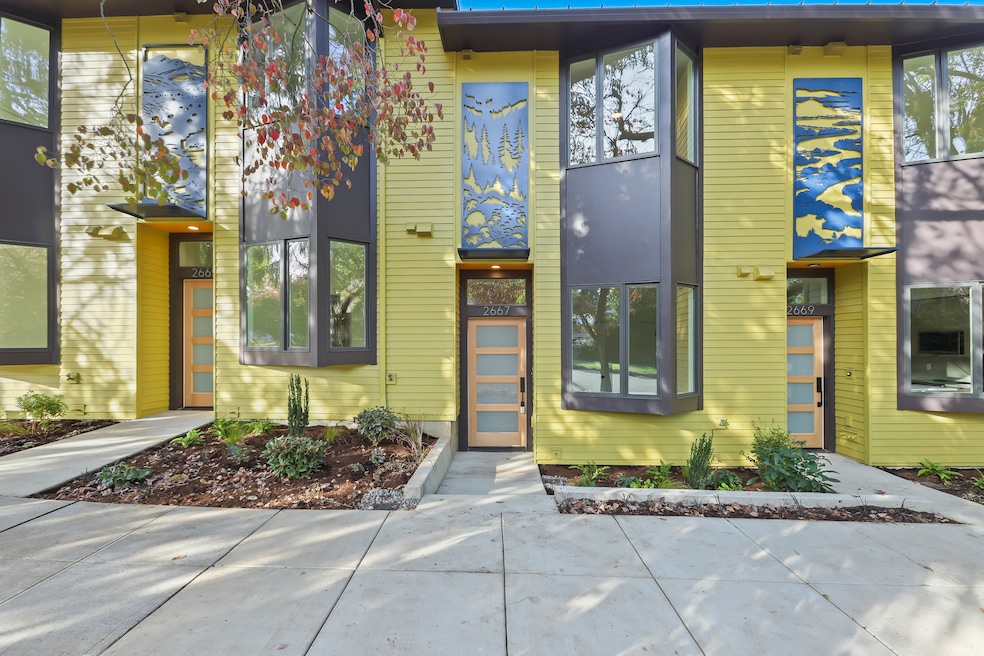Several states in the Western U.S. hope to encourage condo construction by limiting when homeowners can sue builders over construction defects, which tend to drive up their insurance costs.
Utah and Montana have approved reforms this spring that curb builders’ liability, while Colorado and Oregon are weighing doing the same. It’s also been an issue in California, where advocates tried unsuccessfully to pass defect liability reform in 2024. Each state sees more condo production as a tool to increase the housing supply and add affordability, since condos are typically cheaper than single-family homes.
However, it’s unclear whether builders would benefit substantially from the policy changes, while homeowners worry the changes will leave them more vulnerable when they discover leaks or structural problems years after buying a home.
A number of states are focused on reducing the window of liability for builders after they complete a condo development. Montana just cut the number of years of legal risk from 10 to six. Colorado is also looking at a six-year limit, while Oregon’s draft bill would drop the window from 10 years to seven. Each additional year of liability increases the risk for builders, lenders and insurers, according to Kevin Cronin, policy and advocacy director at the nonprofit Housing Oregon.
“If Oregon does not address construction defect liability reform, this essential homeownership option will remain out of reach for many middle-income families and first-time homebuyers,” he wrote in testimony submitted in March on House Bill 3746.
Cronin noted that new condo production in his state tumbled 92% from about 4,200 units in 2006 to just 309 in 2023. That’s a big loss for affordability, he said, given that the median condo price in Oregon is $341,000, versus $552,460 for a single-family house. Similarly, there were just 5,000 condo starts in California’s Los Angeles and Orange counties in 2022, compared to more than 30,000 in 2006, according to the Terner Center for Housing and Innovation at the University of California at Berkeley.
Utah’s legislation, which went into effect earlier this month, takes a different approach from that of some other states. The bill requires condo owners to give developers written notice of a construction defect and provides them up to nine months to fix it. If they don’t, then owners can sue. Bill sponsor Senator Wayne Harper (R-Salt Lake County) said he hopes the reform will draw back insurers that have been scared off by the threat of lawsuits.
“We’ve had a cooling off on condo [development] because you don’t have time to repair. This takes a stab at that,” he told a Utah House of Representatives committee earlier this year.
Some of the policy proposals try to strike a balance between the concerns of builders and owners. The six-year window in Colorado would only apply if builders offered homeowners a warranty to repair damage at no cost. Builders would also have to hire third-party inspectors to watch their work during construction. On the other hand, the bill adds hoops for condo associations to jump through before they can sue a builder. The Oregon bill would require builders to pay for an inspection in the second year after completion to look for signs of any moisture problems. Another inspection, paid for by the condo association, would be required in year six.
The inspections are intended as a compromise to try to please homeowner advocates, but their effect will be to minimize the cost savings for small builders, Eli Spevak, a Portland, Oregon, builder who has completed a number of condo projects with six units each, said in an interview.
In Colorado, the owner advocacy group Build Our Homes Right said in a March statement that House Bill 1272 gives builders too many loopholes to avoid responsibility for defects.
“Extending absolute immunity ... will allow builders off the hook for shoddy construction defects, shifting repair costs to homeowners,” according to the statement.
A 2024 study the group commissioned from an economic analysis firm questioned whether construction defect liability should be blamed for the fall-off in condo production. A more likely factor, the study said, is that developers derive more profit from apartments, since, unlike condos, they keep producing income each year after completion.
Oregon’s bill is next scheduled for a hearing on May 19 in the Senate Committee on Housing and Development. The Colorado bill passed both houses of the state legislature on May 6 and awaits action by Gov. Jared Polis.


